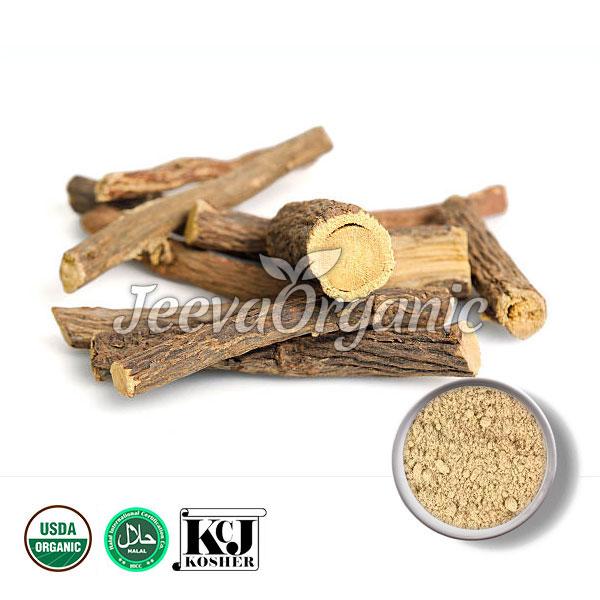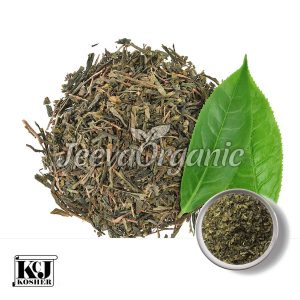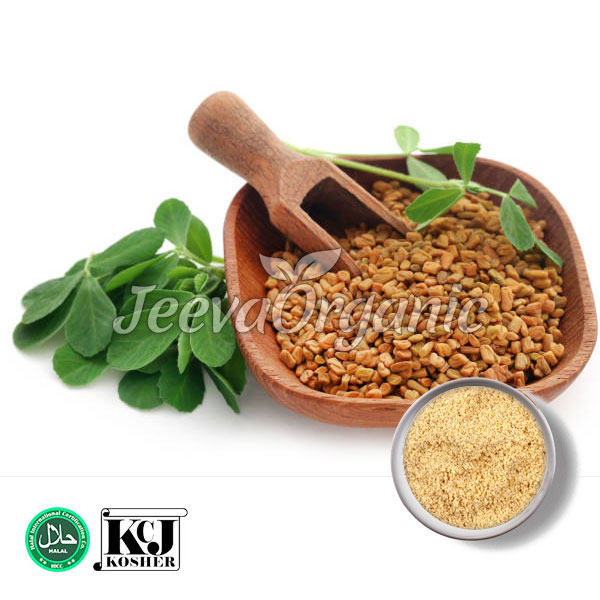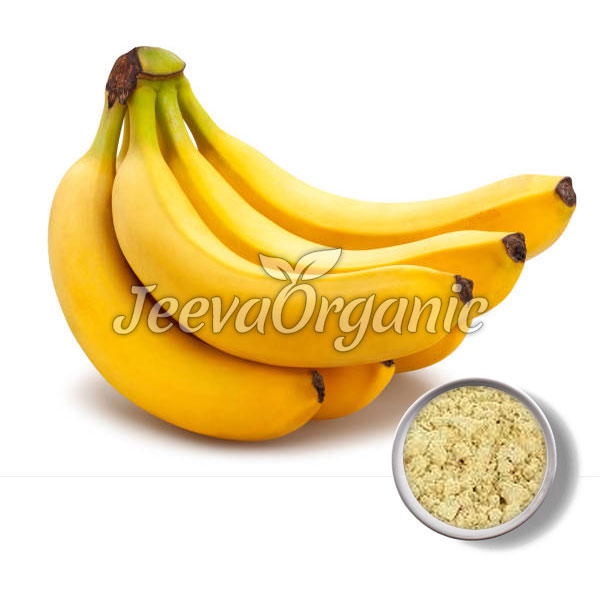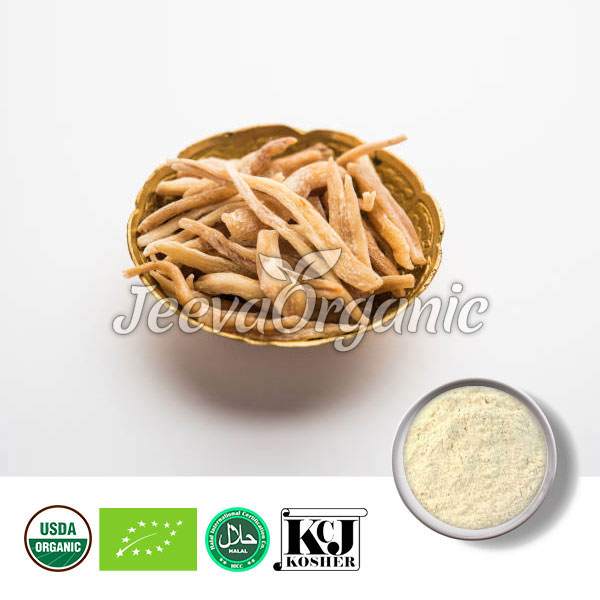- 1. What is the biological source of Pea Protein?The biological source of Pea Protein is Pisum sativum.
- 2. What is the plant part used in this product?The seed of the plant is used in the preparation of this product.
- 3. What are the other names of Pea Protein?Pea Protein is also known as Chinese Pea Protein, Dry Pea Protein, and Edible Pod Pea Protein.
- 4. What are the nutritional contents of Pea Protein?Pea protein is packed with minerals and vitamins. It is also a good source of phytic acid, saponins, polyphenols, oxalates, globulin, albumin, prolamin, glutelin, carbohydrates, oligosaccharides, monosaccharides, and polysaccharides, disaccharides.
- 5. What is the country of origin of the Organic Pea Protein Powder that you provide?The country of origin of this Organic Pea Protein Powder is China.
- 6. Is this Organic Pea Protein Powder sterilized?Yes, the Organic Pea Protein Powder provided by us is sterilized to prevent food contamination and maintain safety standards.
- 7. Are E. coli & Salmonella present in this product?No, E. coli & Salmonella are not present in the Organic Pea Protein Powder provided by us.
- 8. What do you mean by CA prop 65 and does your product comply to CA prop 65?CA prop 65 is the Safe Drinking Water and Toxic Enforcement Act, which was coined in the year 1986. This law states to the people of California about the significant exposures to chemicals that cause cancer, birth defects, or other reproductive harm. Yes, the Organic Pea Protein Powder provided by us complies to CA prop 65.
- 9. What is the protein content of this Organic Pea Protein Powder?The protein content of this Organic Pea Protein Powder is not less than 80%.

Organic Pea Protein Powder
Botanical Name: Pisum sativum
Plant Part Used: Seeds
Processing Method: Drying, Grinding
Pea protein is a source of protein derived and extracted in powder from split peas. It is used as a functional ingredient like thickener, emulsifier, and foaming agent in food manufacturing practices. It can also serve as a supplement of protein. It contains all essential amino acids that can meet human dietary needs. It is rich in nutrients like carbohydrates, proteins, vitamins, phytic acid, saponin, polyphenol, minerals, and oxalates. It is slight bitter and metallic in taste due to the presence of saponin.

